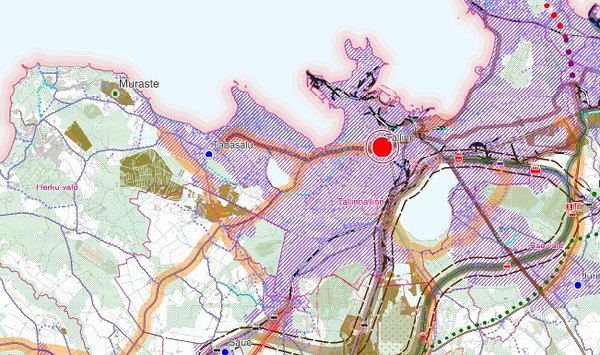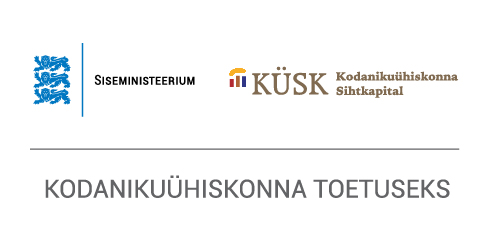The participants widely agreed that SEA could be a useful tool. However, there was less consensus on whether and how the implementation of the Directive in the Member States would need to be changed so that it would live up to its potential. Several experts found that the line between SEA and EIA (Environmental Impact Assessment) should be made clearer. SEA as a “strategic” impact assessment should be used as a tool for gathering preliminary information for making strategic choices, therefore clearly differing from EIA, which is designed for assessment of impacts and mitigation measures of one specific project.
Positive experiences with the application of the SEA directive were shared by P. Gilmour, the head of Marine Scotland Offshore Energy branch. Searching for best locations for offshore wind parks with the help of the SEA process resulted in the refusal of authorising four wind parks from the 12 initially planned. On the other hand, five wind parks were relatively easily permitted thanks to the information gathered. In addition to providing clear and transparent decision-making process, SEA also gave a lot of valuable information on the marine environment as such.
U. Kjellerup, an expert from Denmark, found that successful implementation of the SEA system may in practice be impeded by political and economic changes. Reducing administrative burden and simplification of procedures that has taken place in recent years may lead to fewer SEAs being carried out as well as lower quality.
The European Commission organized this seminar as a first step in evaluating the effectiveness and efficiency of the SEA directive. In the coming months, the Commission will analyze the data and draft a preliminary position on whether and how to amend the Directive or change its implementation. Preliminary results will be presented at the next seminar planned to take place in autumn.

